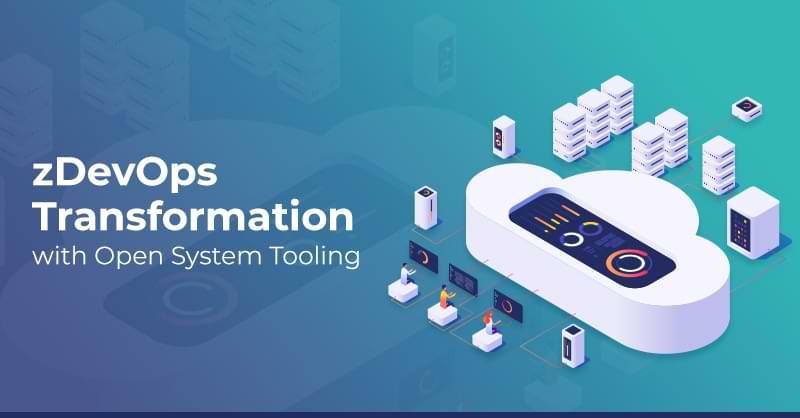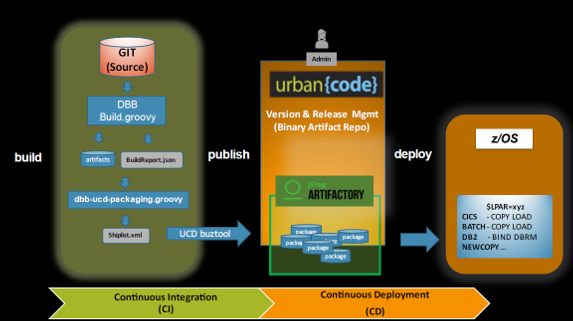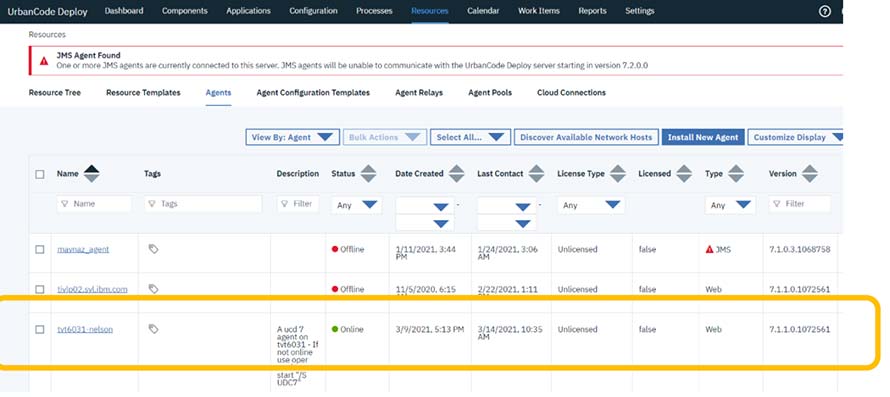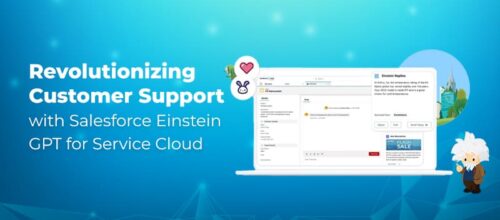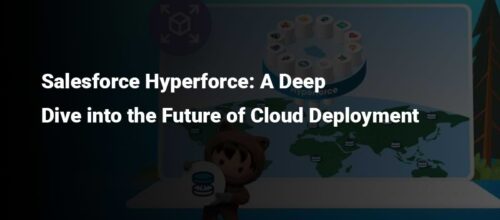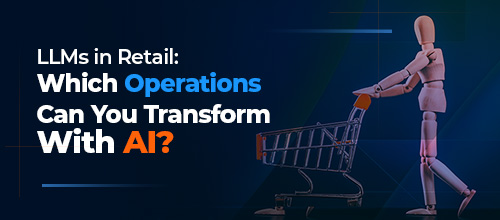zDevOps Transformation with Open System Tooling
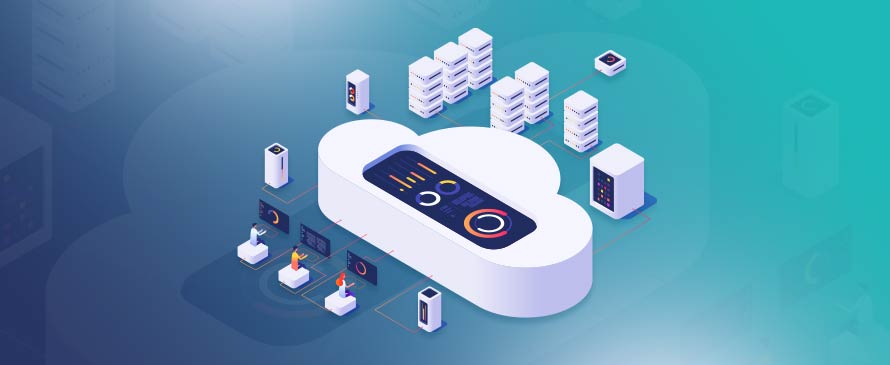
Written by Vijaya Lakshmie
Mainframes Practice Head
September 22, 2022
Speed Innovation with Enterprise DevOps
Open-source software has extensively played a vital role in the IT industry. It has never been easier to be part of the open-source movement. Today many GitHub repositories host a variety of open-source projects aimed at the z/OS environment
You can explore projects on everything from the porting of traditional tooling to new projects for easing z/OS management
Why Open-Source?
Let’s start by covering the benefits of working with open source and why it’s so common with the community. One of the key pros and cons of open-source software (OSS) is its transparency. Since open-source is publicly accessible, the community can access the project’s code, documentation, and open issues. As a result, anyone can report a problem, suggest improvements, and, most importantly, contribute fixes and improvements to the code.
How to Get Started?
A real-time business application consists of components, processes, and environment definitions as a logical group. Applications can be a combination of z/OS and non-z/OS components, the development or enhancement are done in DEV, and the changes are promoted through QA and Production environments.
The architecture for a modern Mainframe development pipeline can be constructed with the Continuous Integration phase where IBM’s Dependency Based Build (DBB) used as build tool and Git used as source control tool, publish it to Antifactory then deploy it to the Mainframe environment with UCD as deployment tool.
The developer does the code change from IBM Developer for z or Z Open Development, which is IDE for mainframe application development, and it contains GIT perspective to connect with the GIT server and Rocket Got for z/OS installed on z allows you to stage the sources on the GIT server. Once the developer does the repository clone locally, does the code changes, and builds the code by right-clicking and Runs IBM Dependency Based Build, IBM DBB is a groovy script that translates your compile, linked Edit and Run JCL’s. Then it can be committed to the repository.
The minimum configuration required for a UCD Server, is a z/OS host with a dedicated UCD Agent Started Task that executes actual deployments. The z/OS Resource Agent comes online when the stated task is customized in the location **. BUZSAMP(BUZAGNT) is active.
From UCD Interface, Resource -> Agent and see the z/OS Resource active.
Urban Code Deploy consists of a central object called Application and then Application I reference:
- Environment, is like z/OS DEV, QA, and PROD LPARs
- Component is a set of deployable artifacts that make an application. It is also a logical representation of deployable artifacts and the user-defined process that operates them. For the Mainframe Application, while creating a component, it has to be Template as MVSCOPONENT.
- Process is, the component process is a series of user-defined steps that operate on a component’s artifacts or submit JCL through the Environment’s Agent.
We have to configure the Environment Property of Application for the PDS mapping rule; the component process is defined per the component structure from Process Editor by taking a drag and drop and setting properties as appropriate. While running the build, the buzz tool creates the ship list file, which UCD uses for manual/ automated deployment.
To automate a deployment, navigate to an application’s environment. Click on the “Configuration” tab. Under “Basic Settings,” click on “Deployment Triggers.” Next, click “Create Deployment Trigger.” Enter a component, application process, and Executing User and save. The application process will automatically run the next time a new version is published.
Conclusion
Don’t wait to start taking advantage of the open-source movement. Be part of the community today that helps define what the future for z/OS should look like. Royal Cyber is an IBM Business Partner and has been in this technology space of Mainframe Applications for the past two decades. Please leave a comment if you need help with any zDevOps Transformation with Open system tooling projects for your organization. You can also contact us by emailing [email protected] or visiting www.royalcyber.com for more information.
